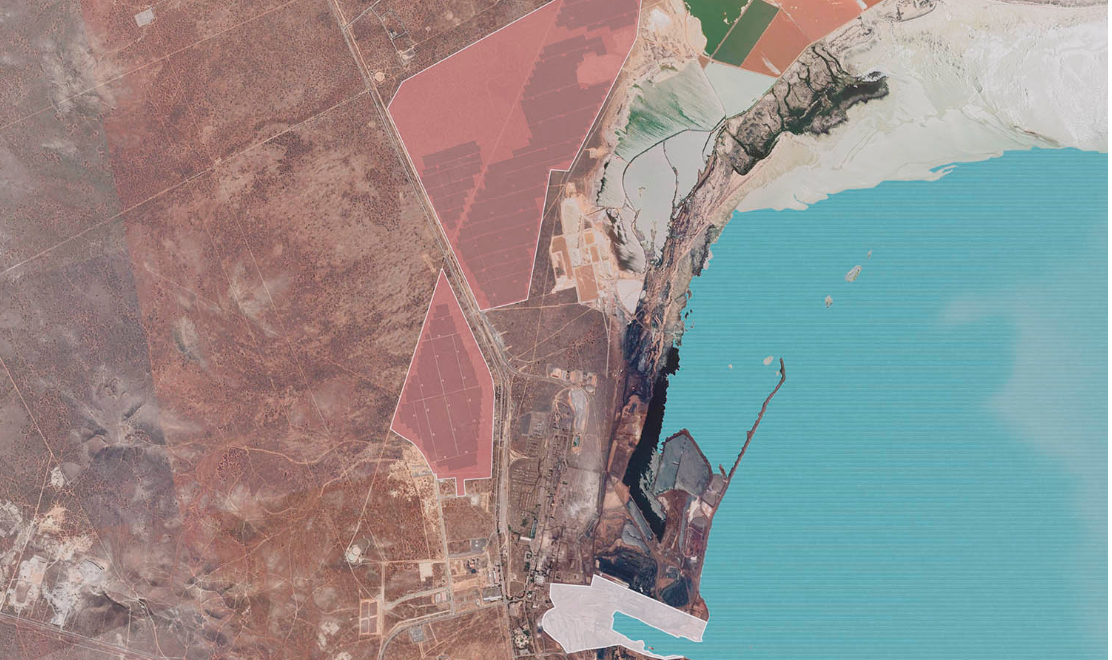As part of its plan to expand and modernize the Whyalla Steelworks, British billionaire Sanjeev Gupta’s company GFG Alliance is forging a new type of industry in Australia and bringing green steel ambitions to life. On Wednesday, Gupta launched a three-month review of the plant to identify cost-savings and efficiency measures as he prepares to replace the ageing blast furnace with a $1 billion-plus electric arc furnace and modern steel-making facility by 2024.
Cost reductions are now necessary to keep the steelworks afloat, which has been battling against financial losses aggravated by the economic impact of Covid-19, and GFG Alliance plans to put in extra funds to help it ride out the downturn over the next year to 18 months. “Despite the substantial improvements that have been achieved, the existing Whyalla facility — especially when faced with the additional impact from Covid-19 — remains financially challenged,” Gupta said.
The British steel billionaire began investing in South Australia in 2017 when he purchased the then-insolvent Arrium group – the main employer in the SA town of Whyalla – for $700 million in 2017 in a deal that included both the Whyalla Steelworks and a nearby iron ore mine. Further investments in the region were announced in 2018 when Gupta unveiled plans for the 280 MW Cultana Solar Farm as part of his one-gigawatt renewable energy program in Australia.
Announcing the major cost-cutting review on Wednesday, Gupta assured the workforce and South Australia that not a single job will be cut at Whyalla as part of the transformation. The Australian Workers’ Union (AWU) welcomed the ambitious expansion plan for the Whyalla steelworks as “an exciting chance to revitalize Australian manufacturing for the modern era”.
“GFG Alliance saved the Whyalla steelworks and since then our members have been working hard to ensure it stays viable for the future,” said the AWU’s South Australian Branch Secretary, Peter Lamps, adding the union was buoyed by Gupta’s commitment to maintain jobs.
The pathway to green steel
In the first of its green steel transformations of outdated steel-making facilities, GFG will replace the 1.2mn t/yr blast furnace at the Whyalla Steelworks with a larger capacity direct-reduced iron plant and electric-arc furnace. The longer-term plans for Whyalla include a new iron facility to produce low-emission steel, using magnetite from domestic steel scrap.
The new measures will double Whyalla’s manufacturing capacity, according to Gupta, so much so that it will be able to meet all of Australia’s needs for its rail, mining, and infrastructure projects rather than relying on imported products. The refurbished plant will initially be powered by natural gas before being converted to hydrogen. GFG’s hydrogen will be produced via electrolysis using electricity generated by the nearby Cultana Solar Farm, which is currently ramping up for construction start.
It is hoped that using that hydrogen in place of metallurgical coal in the steelmaking process will result in Whyalla being the largest producer of carbon-neutral steel by 2030. In this process, the byproduct is water, rather than carbon dioxide. “This kind of investment is the huge shot in the arm Australian manufacturing needs at this moment in history,” AWU National Secretary Daniel Walton said. “It is an ambitious plan that would launch Whyalla and Australian steelmaking into a new era.”
A recent report by the Grattan Institute has found that a new Australian green steel industry has the potential to become a multibillion-dollar export industry employing 25,000 people in regional areas reliant on coal mining, as the demand for carbon-intensive products declines. The report argues that green steel is the place to start as Australia seeks to tap a historic opportunity to build an export-focused manufacturing sector based on renewable energy.
This content is protected by copyright and may not be reused. If you want to cooperate with us and would like to reuse some of our content, please contact: editors@pv-magazine.com.









5 comments
By submitting this form you agree to pv magazine using your data for the purposes of publishing your comment.
Your personal data will only be disclosed or otherwise transmitted to third parties for the purposes of spam filtering or if this is necessary for technical maintenance of the website. Any other transfer to third parties will not take place unless this is justified on the basis of applicable data protection regulations or if pv magazine is legally obliged to do so.
You may revoke this consent at any time with effect for the future, in which case your personal data will be deleted immediately. Otherwise, your data will be deleted if pv magazine has processed your request or the purpose of data storage is fulfilled.
Further information on data privacy can be found in our Data Protection Policy.